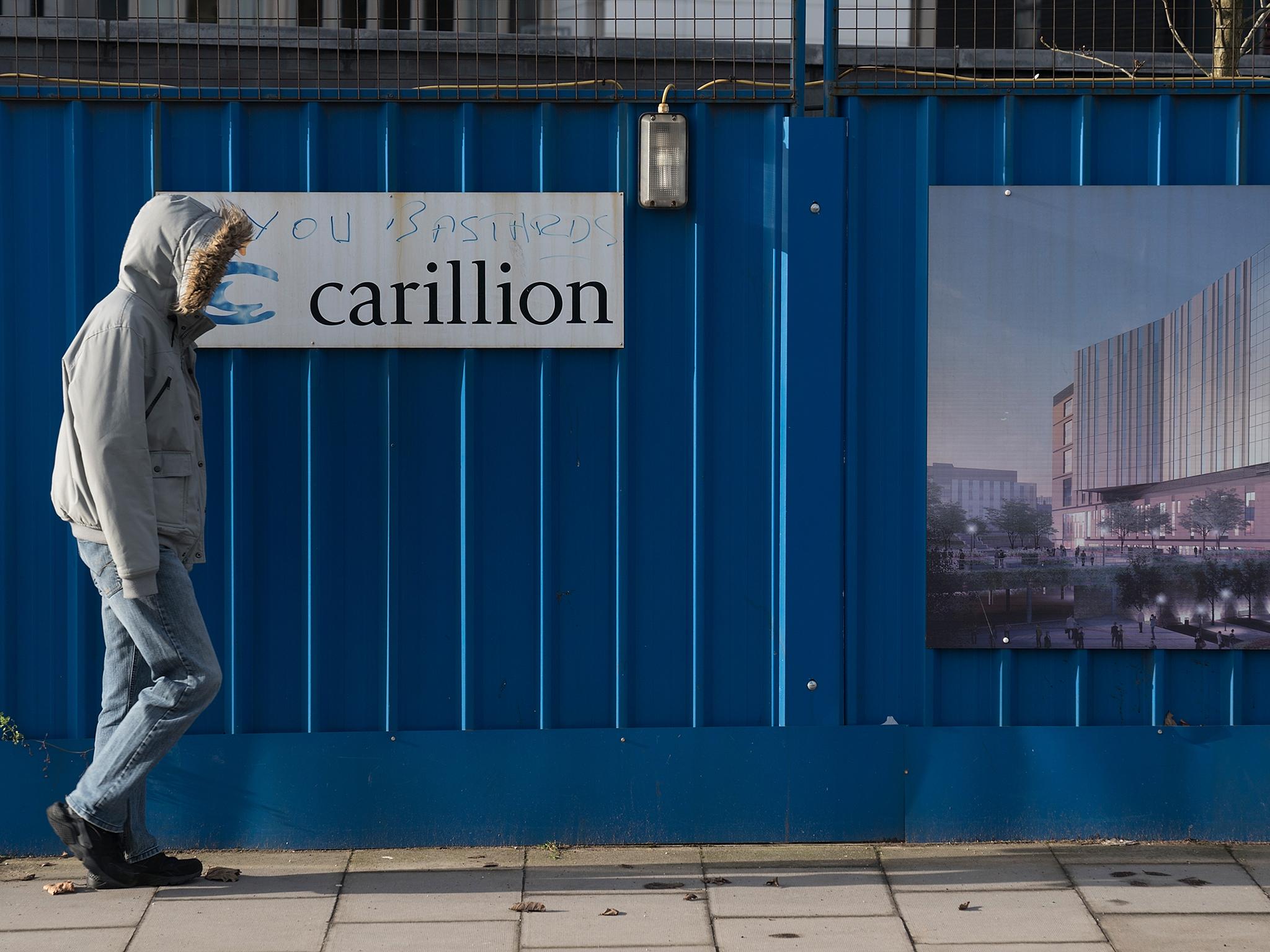Carillion's auditors say they wouldn't have done anything differently
MPs look on aghast at the accountants charged with overseeing the firm and no wonder

Trust veteran Labour MP Frank Field to get to the heart of the matter when it comes to what Carillon's auditors did, or rather didn’t do, in the run up to the company’s ignominious collapse.
The chair of the Parliamentary Work & Pensions Committee looked on aghast at what he was hearing from the accountants from KPMG and Deloitte, respectively the external and internal auditors, people you might imagine would be among their profession’s leading lights.
And then he said this: “Nobody understands why this company went pfft. You’re all paid to look after this company. What single act did you do to save it? What single act did you do? Is there anything you are proud of?”
Of course he didn’t get a good answer. We’re the auditors, he was told. We look at the accounts. We did our jobs properly. Everything was fine with what we found.
Until, of course, it wasn’t.
There was one notable moment, right at the start of the hearing held by a joint enquiry of MPs on the Work & Pensions and the Business, Energy & Industrial Strategy committees that has been set up to investigate the contractor’s failure.
That came courtesy of Peter Meehan, the KPMG audit partner who handled the firm. Asked whether the directors’ claim that Carillon went down because of the failure to recoup payments on a big contract in Qatar - what Mr Field has described as a bolt of Qatari lightening - he said: “No I can’t see why that was the cause.”
Otherwise, Mr Field’s obvious frustration with what he was hearing was entirely understandable.
There was a debate about dodgy concrete beams used for a Liverpool hospital, another problem contract for the firm, there was a discussion about the way it treated ‘goodwill’ in the accounts, there was some talk about way it handled forecasts and so on.
The auditors, MPs were told, jetted here, and they jetted there. Mr Meehan went on more than 30 site visits.
The checked, and they challenged, and while they were terribly sorry for what happened, they did a jolly good job of that.
Mr Meehan said he couldn’t turn the clock back but he wouldn’t have done anything differently if he could.
“Clearly with what happened, things are very sad. I have pondered long and hard over this. I think me and my team all did the best we could and I stand by the decision we gave on the 31 December 16 accounts.”
That was that they gave a true and fair picture of the company's finances and that it was a going concern, only months before it wasn't.
A shocking, bewildering crash and burn of a huge business with more than 400 contracts, the fact that it had just £29m in the bank when it went under, and the audit partner working on the company would not have done anything differently.
Watching the show, you could easily have been left with the impression that, for the most part, Carillon was a decent business all things considered. Did some things rather well, according to Michael Jones, an internal audit partner at Deloitte, who admitted that he didn’t even attend all the meetings of the company’s audit committee. Apparently they sometimes looked at things he couldn’t add anything to.
So if it wasn’t a strike of Qatari lightening that brought this corporate edifice tumbling down it must have been, what? A bolt from the blue?
One thing that stuck in the made was one fo the stateements made by Mr Meehan’s boss, Michelle Hinchliffe, the head of audit at KPMG, which, it should be noted, is facing an investigation into its work for Carillion.
She explained that the auditors were there to look at accounting reports and how they comply with accounting standards. Apparently we, the public, expect too much when set against what an audit really is.
This speaks volumes. It might help to explain why companies like Carillion, or HBOS, another KPMG client that crashed a matter of months after the accounts were signed off, got their clean bills of health.
It says that auditing is effectively a rubber stamping exercise. You go in, you run around a lot, you wag your finger at the bosses, and then you nod your head and you tick the box when the accounts come in.
Here’s what KPMG has to say about what an auditor does on its graduate careers page: “In today’s world, auditors play a key role in providing the confidence that business and society demand.”
Given what was said at the hearing it is hard to understand how business and society can possibly have that confidence and what the point of an audit actually is.
Join our commenting forum
Join thought-provoking conversations, follow other Independent readers and see their replies
Comments
Bookmark popover
Removed from bookmarks